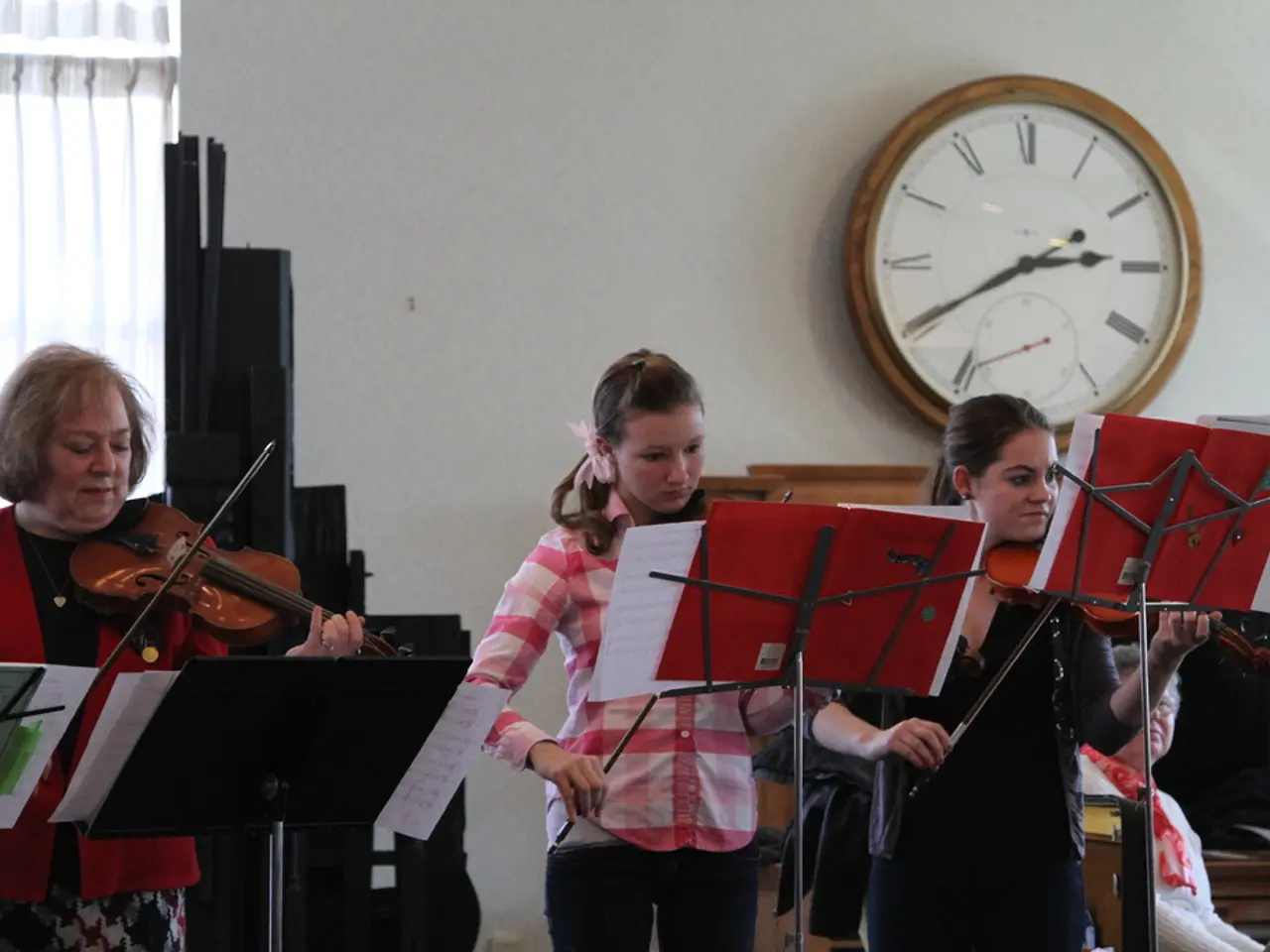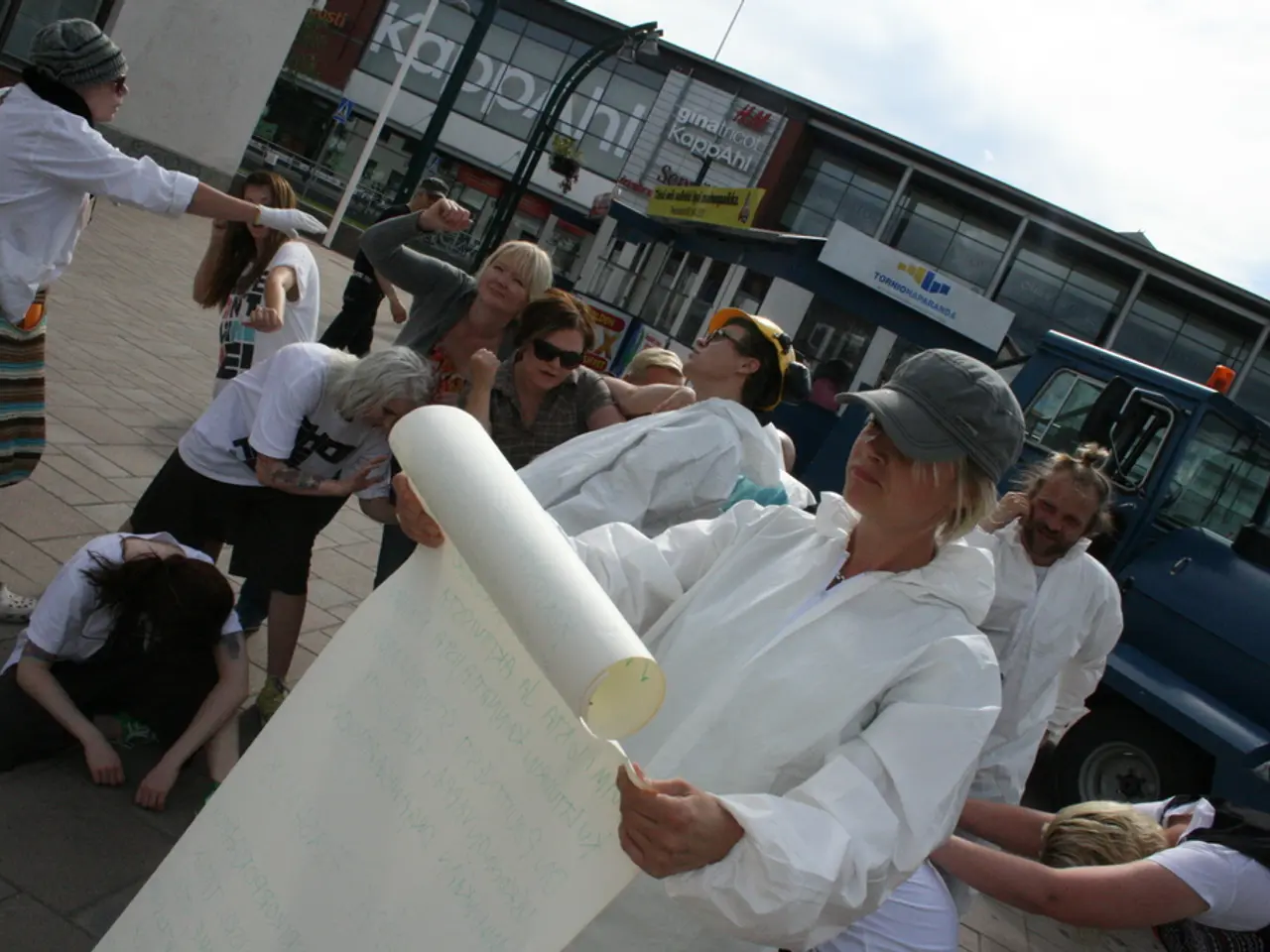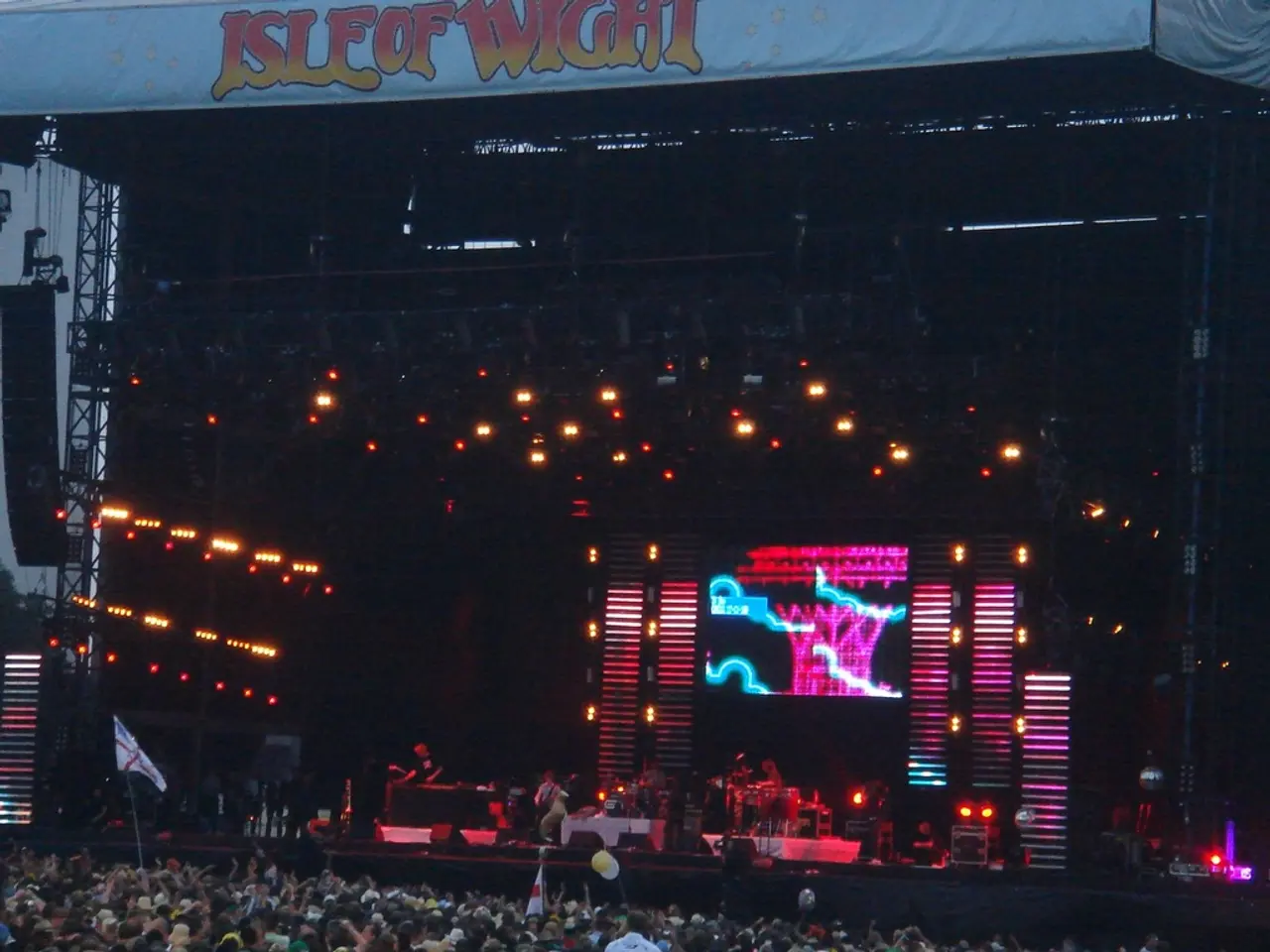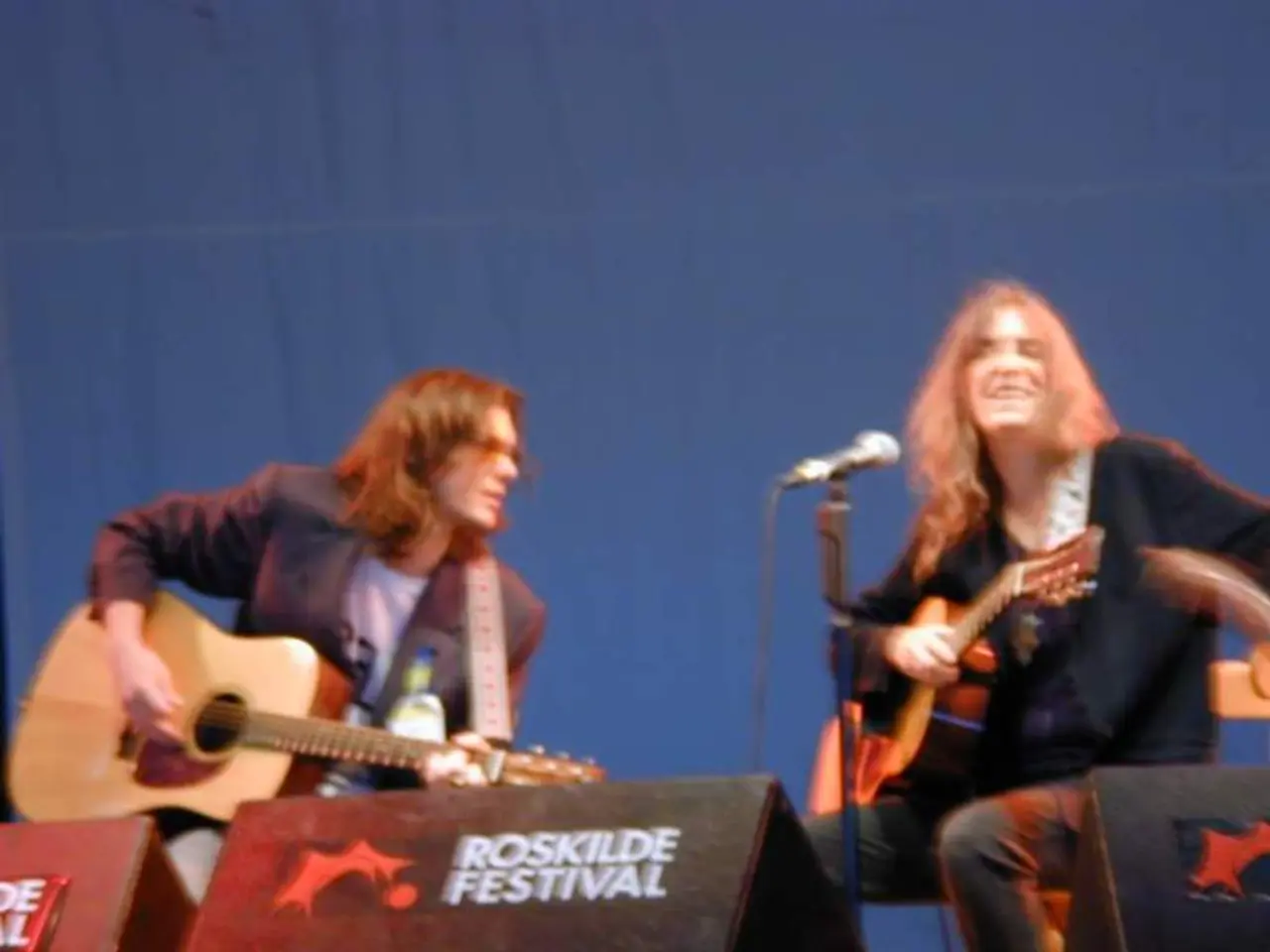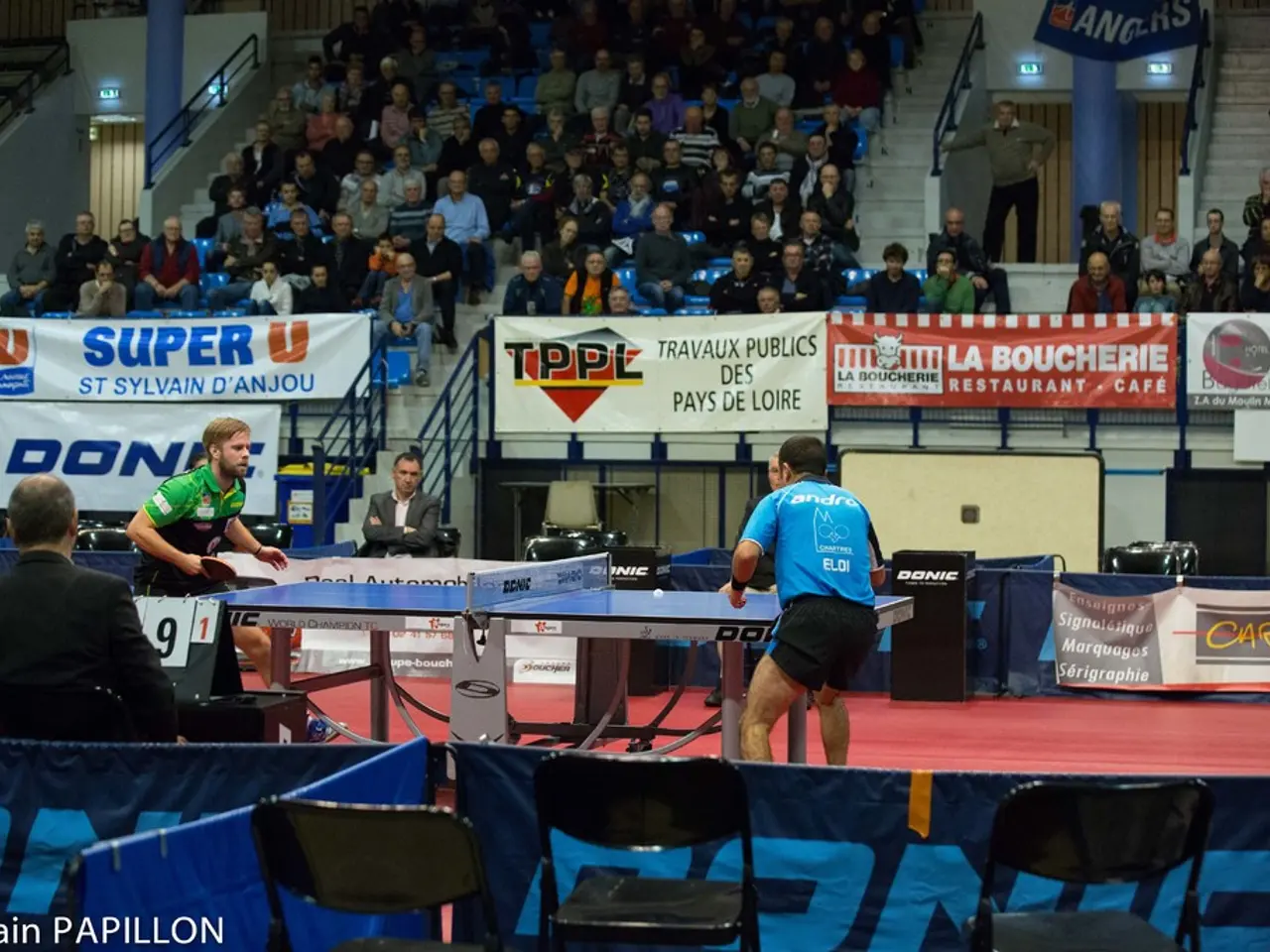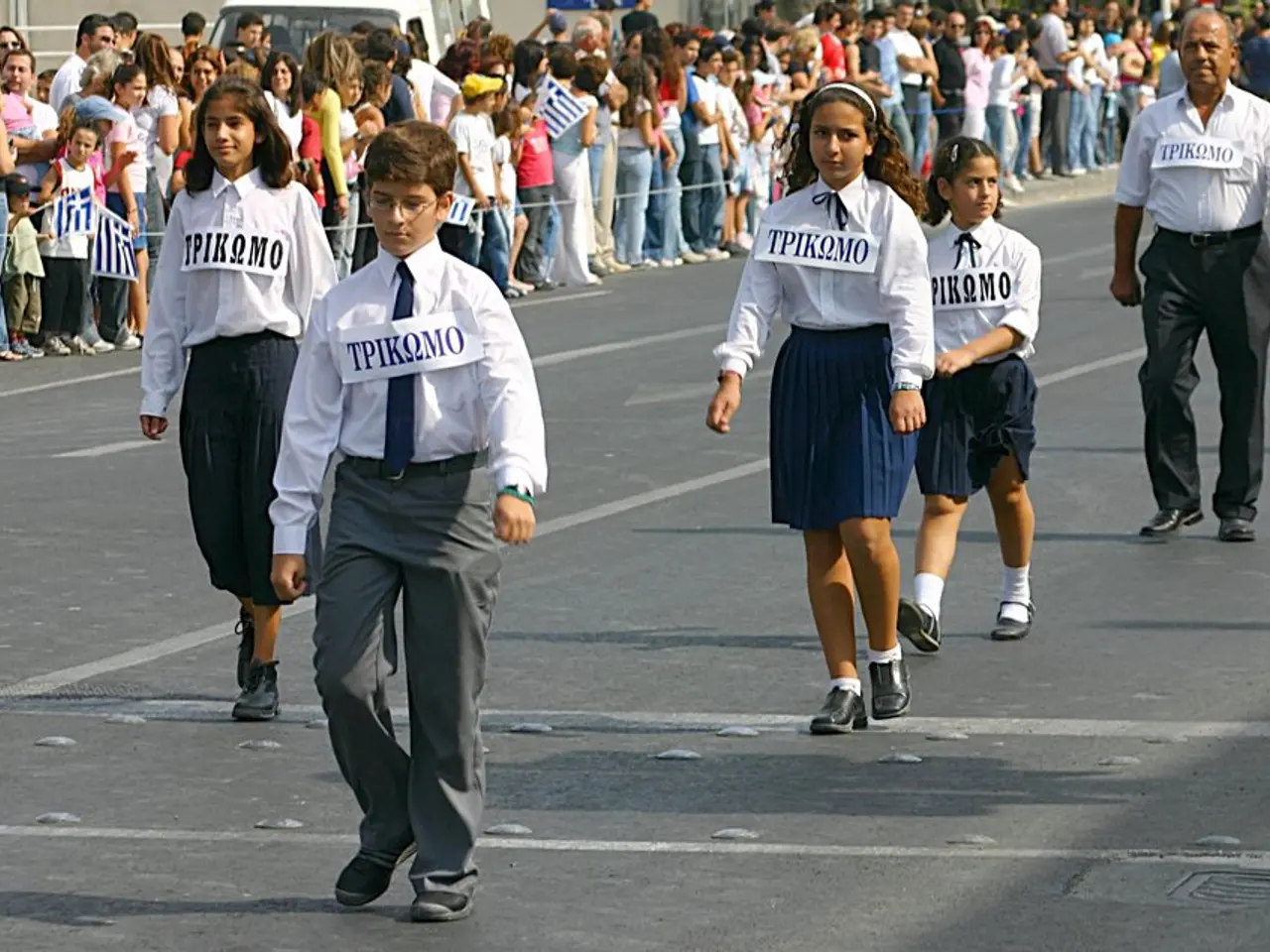Revised Interwar Yiddish Treasure Gets a Boost from Joshua Horowitz
In an exciting turn of events, composer Joshua Horowitz is bringing the forgotten Yiddish opera "Bas Sheve" back to life. Originally composed by Henech Kon in 1924, the opera has been missing crucial dramatic elements due to a significant portion of the score being lost over time.
Horowitz, a member of the klezmer trio Veretski Pass, has taken up the challenge to fill in the gaps and breathe new life into this historical work. His approach to the revival highlights the distance between the original and his own perceptions of the meaning, intent, and aesthetic limitations of the fragmentary original.
Through his work with Budowitz, a pioneering group in historically informed performance of Jewish instrumental folk music, Horowitz developed an aesthetic built around a conception of Eastern European Jewish folklore grounded in historical evidence and living practitioners. This background has undoubtedly influenced his work on "Bas Sheve".
The missing portion of the score represented the confrontation between King Dovid and the Prophet Nosn, a dramatic climax that Horowitz has composed new music for and worked on a new libretto. His work on "Bas Sheve" departs from the first steps of early 20th century Yiddish musical forays into the realm of European elite music, offering opportunities to call upon aspects of Horowitz's training as a composer unfamiliar to fans of Veretski Pass.
The North American premiere of "Bas Sheve" will be produced by a tri-national collaboration in the summer of 2022. The revival of "Bas Sheve" took place at the Marek Edelman Dialogue Center in Łódź, Poland in August 2019.
Before the Vernadsky Archive was digitized, Horowitz and his community of musicians struggled with a distinct paucity of material for klezmer revitalization. Horowitz lived in Austria from 1984 to 2001, first as a student of composition and music theory at the Academy of Music in Graz, and as an active participant in classical music and klezmer scenes.
As a founding member of Budowitz, Horowitz has been at the forefront of the historically informed performance of Jewish instrumental folk music. His work with Veretski Pass, alongside his wife, violinist Cookie Segelstein, and bass player Stuart Brotman, has made them a long-running mainstay of the Bay Area klezmer scene. Some of Veretski Pass's best-received projects are highly experimental and forward-thinking in their formal sophistication.
The group's sound derives from a deep investment in historically informed performance, a trait that is evident in Horowitz's work on "Bas Sheve". His imagining of a Yiddish operatic avant-garde that did not have the chance to develop in its original European context is a testament to his dedication to preserving and revitalizing the rich heritage of Yiddish music.
- Joshua Horowitz, drawing from his work with Budowitz and his background in historically informed performance, has incorporated new music into the missing portion of the score for the opera "Bas Sheve," creating an enticing blend of entertainment and music that brings a fresh perspective to this historical work.
- In his work on "Bas Sheve," Horowitz has pushed the boundaries of early 20th century Yiddish musical forays, offering a chance to showcase aspects of his training as a composer that are unfamiliar to fans of his group, Veretski Pass, thus adding a layer of music and entertainment that departs from the original European context.
